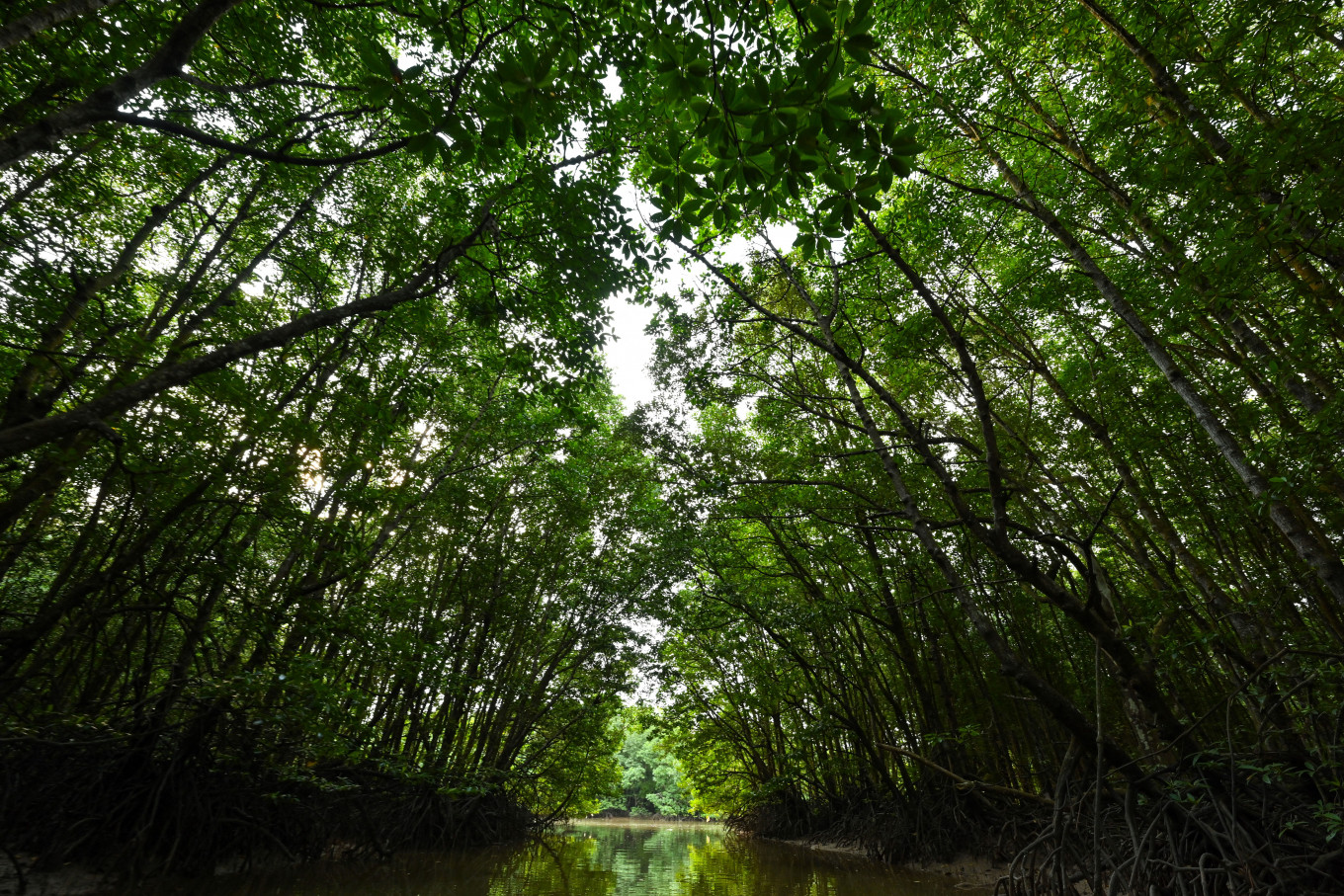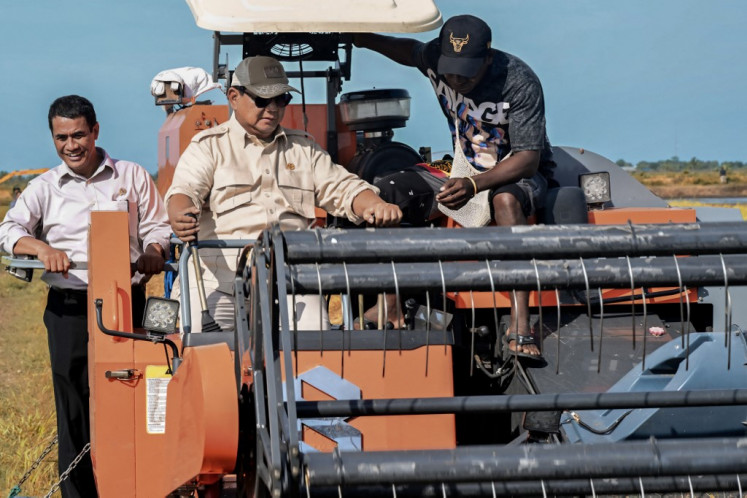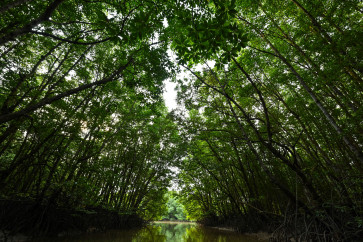Popular Reads
Top Results
Can't find what you're looking for?
View all search resultsPopular Reads
Top Results
Can't find what you're looking for?
View all search resultsThe (not so) impossible task of archiving Indonesia's mega biodiversity
Revealing and recording all of Indonesia’s mega biodiversity thoroughly is of course a very complicated task.
Change text size
Gift Premium Articles
to Anyone
L
et us contemplate how many species are out here in Indonesia, a country with both low and high terrains scattered over thousands of islands, with rich rivers and vast oceans. Among the thousands, probably millions of species living and originating in Indonesia’s territory, I believe we have studied less than half of them.
Revealing and recording all of Indonesia’s mega biodiversity thoroughly is of course a very complicated task that requires a lot of dedication and coordination between the government, researchers and communities in general. But is it an impossible task? Not really.
Indonesia is blessed with a vast territory that stretches 282,583 square kilometers and is under constant tropical rain and sun as it lies on the equator. With that kind of climate, it is very easy for many kinds of species to thrive. Any patch of land in Indonesia, both in urban or rural areas, is buzzing with life.
Despite being a home to rich biodiversity, Indonesia is not exemplary when it comes to recording and studying its own natural resources. In fact, we are far behind countries with smaller territories such as the United Kingdom and Singapore, which have their own biodiversity index projects as a continuous, state-funded projects. They also have creative, engaging displays of biodiversity information that are accessible to the masses: the UK has the highly popular London Natural History Museum, while Singapore has botanical gardens that are considered an integral part of its citizens’ life.
The UK and Singapore have two things in common that are imperative to their success in studying their biodiversity: their governments, which fully support and prioritize the preservation of their natural riches, and their people, who have a strong sense of belonging when it comes to their biodiversity.
These countries see their natural resources, although limited compared with Indonesia, as a part of their riches and should be enjoyed together. These countries put the study of their own biodiversity on top of the list, with great research management and healthy financial management.
Yet Indonesia is not starting from zero when it comes to the study of its biodiversity. Since 2019, the Indonesian Biology Consortium (KOBI) in collaboration with Indonesia’s Conservation Communication Forum (FKKI) has started efforts to make an efficient and working network among biologists across the country to archive species local to their areas.



















